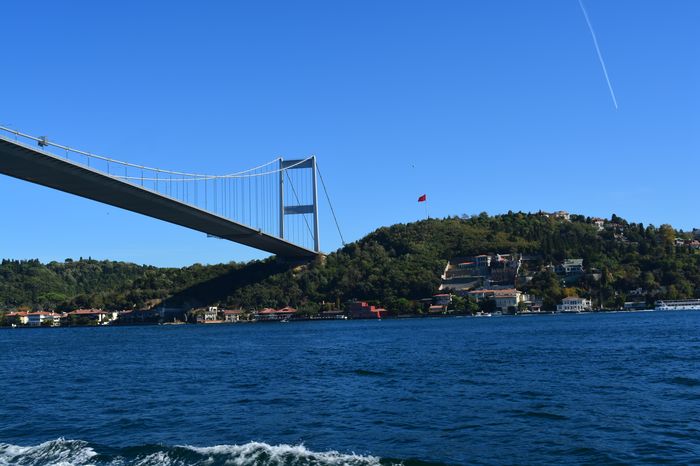In the end Constantine had been left no choice except to order Dacius to find Fausta, or at least try to learn where she was, and the grizzled centurion had departed with his back as rigid as the shaft of a pilum. To make matters worse, Constantine knew in his heart that Dacius was right, yet he could no more have been this near Fausta without trying to see her than he could have taken wings and flown northward over the Alps.
To take his mind off the question of Fausta, Constantine reviewed the events of the past few weeks, since he and Dacius had departed so precipitately from Nicomedia in the middle of the night after the visit of General Licinius. By keeping to back roads and largely unpaved streets while leaving the capital, lest
Naples the sound of hooves on the cobblestones bring out the guard, they had managed to leave undetected.
In the first part of the journey, they had followed the route of the Imperial Post by which mail and official documents were transported rapidly between Nicomedia and Sirmium. Known as the Cursus Publicus, the official network of roads was studded about every twelve Roman miles by mutationes, where horses could be exchanged and food obtained. In general, two mutationes were located between each two mansiones, or inns, where travelers could spend the night. But since wagons bearing beds for sleeping and coaches with cushions upon which the occupants could rest were freely available, many people traveled both night and day when on urgent business.
Difficult for travelers
The roads were carefully marked with the standard milestones, cylindrical in form and set into square bases. They were policed by senior noncommissioned officers, known as beneficiarii, so that in general travelers were safe in moving along them except in areas like the Alps. Each milestone bore the name, title and year of the emperor in whose reign it was put up, along with a figure indicating the distance from the nearest town, so it was quite difficult for travelers to become lost upon these highways.
Having changed horses several times at posthouses along the way, they had been ferried over the narrow neck of water called the Bosporus or OxFord after the Greek legend of Io, who was supposed to have crossed there in the form of a heifer. Taking fresh horses at one of the mansiones on the northern shore, they had ridden on toward Hadrianopolis that night and slept for a while toward morning, wrapped in their cloaks beside a spring that furnished both water and lush grass for the horses.
By dawn they were off again and on the evening of the fourth day applied for a room at a mansion in Hadrianopolis. There they ate hugely, making up for the rather sparse rations they had consumed on the way. After announcing to the crowd filling the mansion that they would travel on northwestward toward Sirmium the next day, they had retired to their pallets, leaving orders to be awakened an hour before dawn.
Read More about Constantine stood in an upper room






